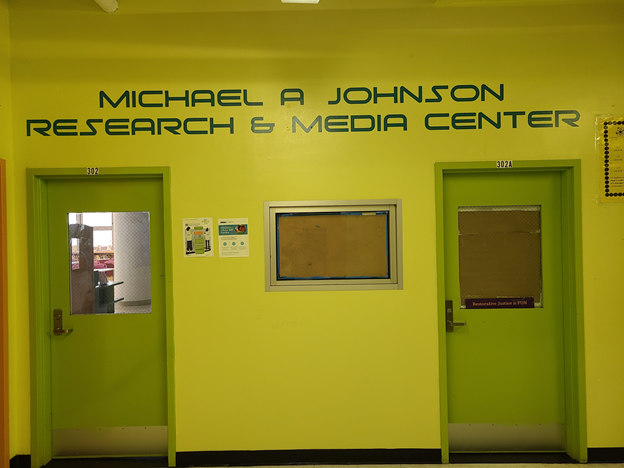“Frederic Schwartz, 63, Dies; Designed Sept. 11 Memorials”; NY Times Obituary Section.
Don’t worry, this is not a case of a fascination, and/or obsession with death or the macabre; although as a middle school student I had a tremendous affection and devoured everything Edgar Allen Poe (okay, psychoanalyst, go for it!:-) In fact, over the years I have lost much of my interest in the fantastical, mythological and “unscientific-science fictional” novels; as I have also lost interest in the novel in general. I now find myself (with a few exceptions, i.e. Edwidge Danticat); seriously inclined, when reading for pleasure, toward historical, political and biographical works. I don’t read “daily death notices”; which many people confuse with an obituary. However, I very much enjoy reading the NY Times obituary section on a daily basis; I think because I start by reading the section as literature. This writing format is very much a good example of great disciplined creative and “technical” writing; they represent a very wonderful expression of story-telling at its best: (http://www.timharrower.com/PDFs/obituaries.pdf) The writer is faced with many creative challenges and ‘technical” limitations; the greatest being the number of available words, The obituary writer must fit an entire life into what is often an average 6,000-14,0000 word essay; depending on the degree, complexity and notoriety of the deceased. Further, there is the challenge of being sensitive to the memory and family of the deceased, and at the same time try to honor the truth. The further “technical” challenge is that a life, any life- story is a rich collection of stories, events, almost and realized- hits and misses, joys and tragedies, success and disappointments. Everyone’s complete life-story would require a book, to truly do it justice! And so the obituary writer is faced with the awesome task of deciding what to say, and what not to say about a person’s life. There is just no way that what is finally included (or excluded) will fully satisfy either supporters, or detractors of the deceased. But in an interesting way; that act does honestly sum up our lives; hero to some and villain to others; who we “really” are can’t possibly be captured in any finite writing format. I further like the obituary format for the same reasons I like Biographies (not so much auto-biographies); for as much as I love to “listen” to: Ellison, Dostoevsky, Camus, Solzhenitsyn and Wright tell human stories; none of these stories of fiction match the amazing drama, color and power of “real life” stories; perhaps because I believe that in “real life”, so much is at stake. Further, I like obituaries because they represent concise, condensed “packets” of a “His-Story”. Everyone life is a personal-story, marked by time and events; we are all and individually his/her-stories inside of the general story of history, which would not exist without the billions of collected and collective individual stories! Finally, obituaries remind me that our lives are time-framed; “work while it is day”, the non- electrical lighting rural emigrational elders in the church of my youth would say. This saying went beyond any practical earth science/agricultural reasoning, and into the philosophy of not wasting time on the useless and non-fertile actions of this life (are we laboring in a field that produces a lot of crap, but very little crop?). When I read any obituary; and in particular an obituary of someone who is close to my age; or, in the case of today, my same age; I am inspired to ask the questions:
1) Am I using my time effectively; am I positively productive?
2) Am I focused on the quantity of time or the quality of acts?
3) Am I truthfully and authentically living out my creative calling?
4) Am I sold on the idea of “one life”; or do we in fact have many variations of: “a life”?
5) Am I all that I say that I am; all that I believe/preach that is good and worthy?
6) Am I (and when am I) acting with brave resolution; or am I a slave to fear?
7) Am I seeking the endorsement of man or of God; form which editor will I seek correction?
We write our life-stories each and everyday; should we do more self-editing?

